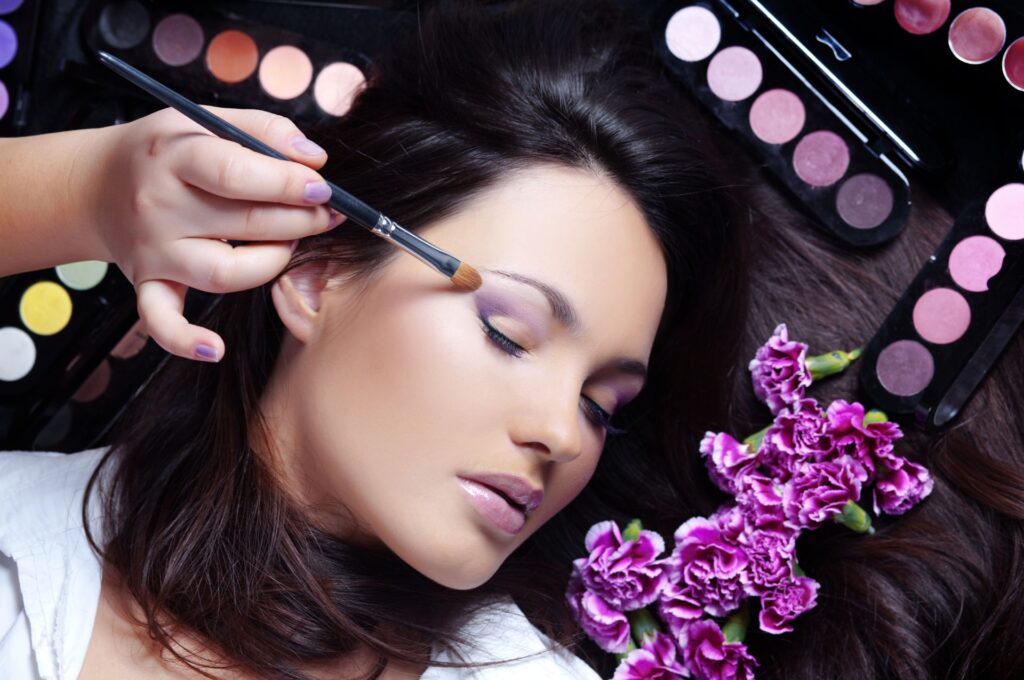The beauty industry is ever-evolving, always on the pulse of innovation, fashion, and self-expression. If you have a passion for this world of colors, creativity, and care, becoming a beauty therapist could be your perfect career path. Let’s explore what beauty therapist training involves, the courses, the skills needed, and how this training can springboard you into a fulfilling career.
Introduction to Beauty Therapist Training
Beauty therapist training is the stepping stone to becoming a professional in the beauty industry. It includes learning various skin treatment techniques, makeup application methods, hair styling skills, and nail art techniques. This training gives you the theoretical knowledge and hands-on experience you need to deliver beauty treatments to clients effectively and safely.
The Importance of Accredited Courses
Enrolling in accredited beauty courses is crucial for any aspiring beauty therapist. Accreditation ensures that the training program meets industry standards and equips you with the necessary skills to perform in a professional beauty therapy environment. Always research the accreditation of a course before enrolling.
Different Types of Training Programs
Training programs for beauty therapists vary widely, catering to different learning preferences and lifestyle needs:
Full-time Courses
These offer an immersive learning experience but require a significant time commitment.
Part-time courses: Ideal for those who need flexibility, such as working individuals or those with family commitments.
Online Courses
Allow learners to study at their own pace, wherever they are. They’re often supplemented with practical sessions in beauty therapy.
Apprenticeships
These combine learning with hands-on experience in a beauty salon environment.
Specializations in Beauty Therapy
The field of beauty therapy is vast, allowing you to specialize in an area you’re passionate about:
- Skincare: Focuses on treatments such as facials, peels, dermabrasion, and facial massage techniques.
- Makeup: Covers basic to advanced makeup application methods and awareness of the latest beauty trends and innovations.
- Haircare: Includes hair styling skills, coloring, and cutting techniques.
- Nail care: Teaches manicure, pedicure, and nail art techniques, as well as the application of acrylic or gel nails.
Course Content and Structure
A typical beauty therapy course syllabus includes both theory and practical sessions. The theoretical part covers knowledge about skin and hair types, understanding facial features, health and safety in beauty therapy, and the usage of various beauty therapy equipment.
Practical sessions enable students to hone their skills under expert supervision. Assessments are usually carried out via written examinations and practical tests to evaluate your grasp of the course content.
Necessary Skills for Beauty Therapists
Being a beauty therapist goes beyond having knowledge and technical skills. Here are some key attributes of a successful beauty therapist:
- Excellent Customer Service: A beauty therapist should be able to make clients feel comfortable, listened to, and cared for.
- Attention to Detail: Precision is key in delivering high-quality beauty treatments.
- Creativity: From creating unique nail art designs to applying a stunning makeup look, creativity sets you apart.
Certification and Licensing
Upon successful completion of your beauty therapy training, you’ll receive a beauty therapy diploma or certification. This qualifies you to practice as a professional beauty therapist. In some regions, you may also need to acquire a license.
Career Prospects after Training
With a beauty therapy diploma, several career pathways open up:
- Working in a Salon or Spa: This offers a steady income and the chance to gain experience.
- Freelance Beauty Therapist: Allows flexibility in work hours and the chance to build your own client base.
- Opening Your Own Salon: If you have an entrepreneurial spirit, you could start your own beauty salon business.
- Beauty Therapy Educator: Share your knowledge with others by becoming a trainer.
Continuing Education and Advanced Training
Continuing professional development in beauty therapy is important. Advanced beauty therapy courses are available for professionals who wish to keep up-to-date with the latest techniques, treatments, and industry standards.
Conclusion
Becoming a beauty therapist offers an opportunity to turn your passion into a rewarding career. With the right training, dedication, and commitment to ongoing learning, the world of beauty therapy can be your oyster. Embark on your beauty therapist training journey today, and step into a career that enhances beauty, fosters creativity, and truly makes a difference in people’s lives.
Related Articles:
The Ultimate Guide to Pursuing Online Beauty Therapy Courses

